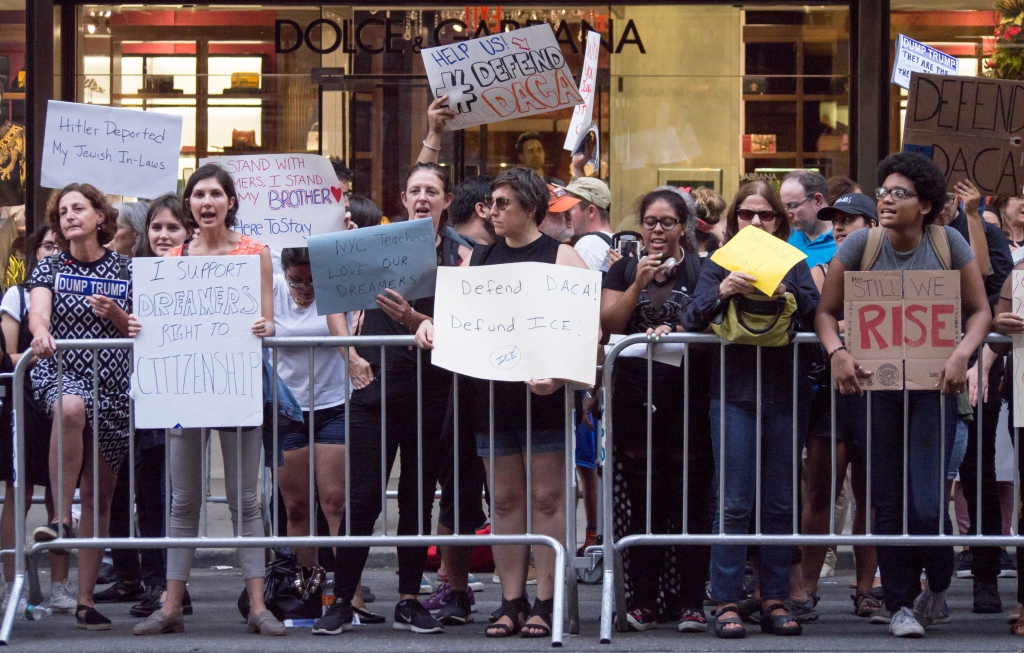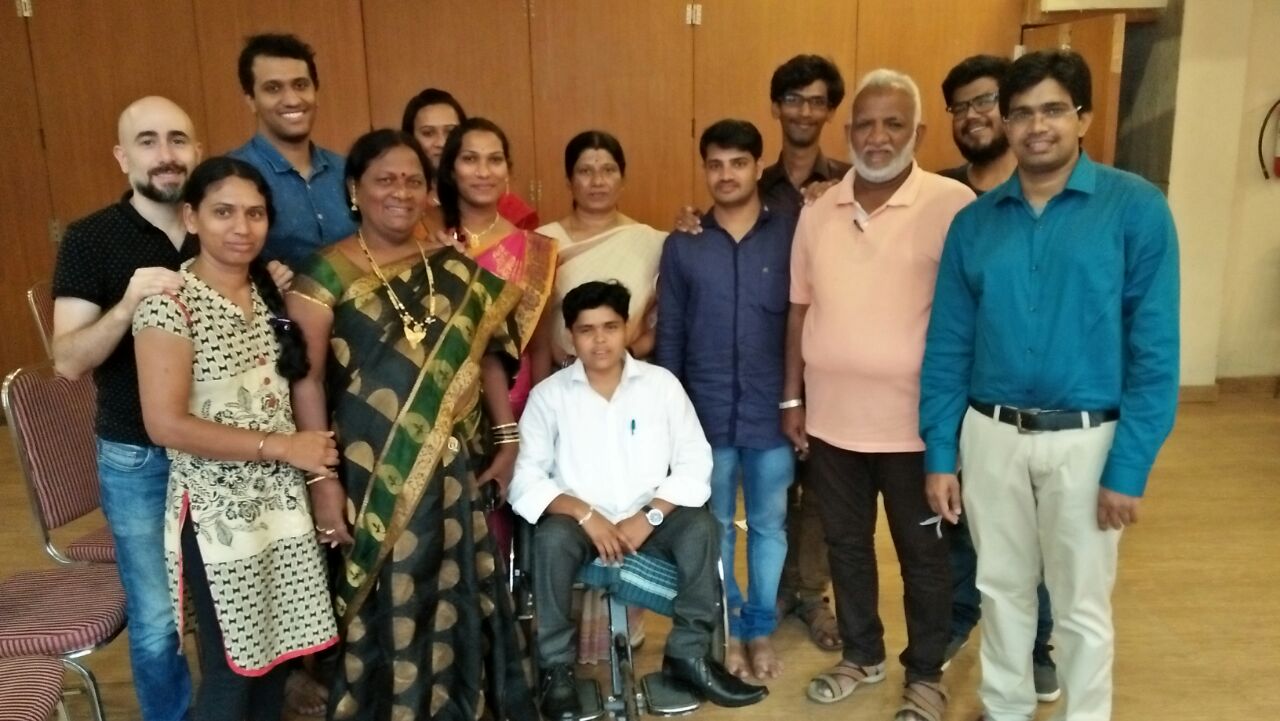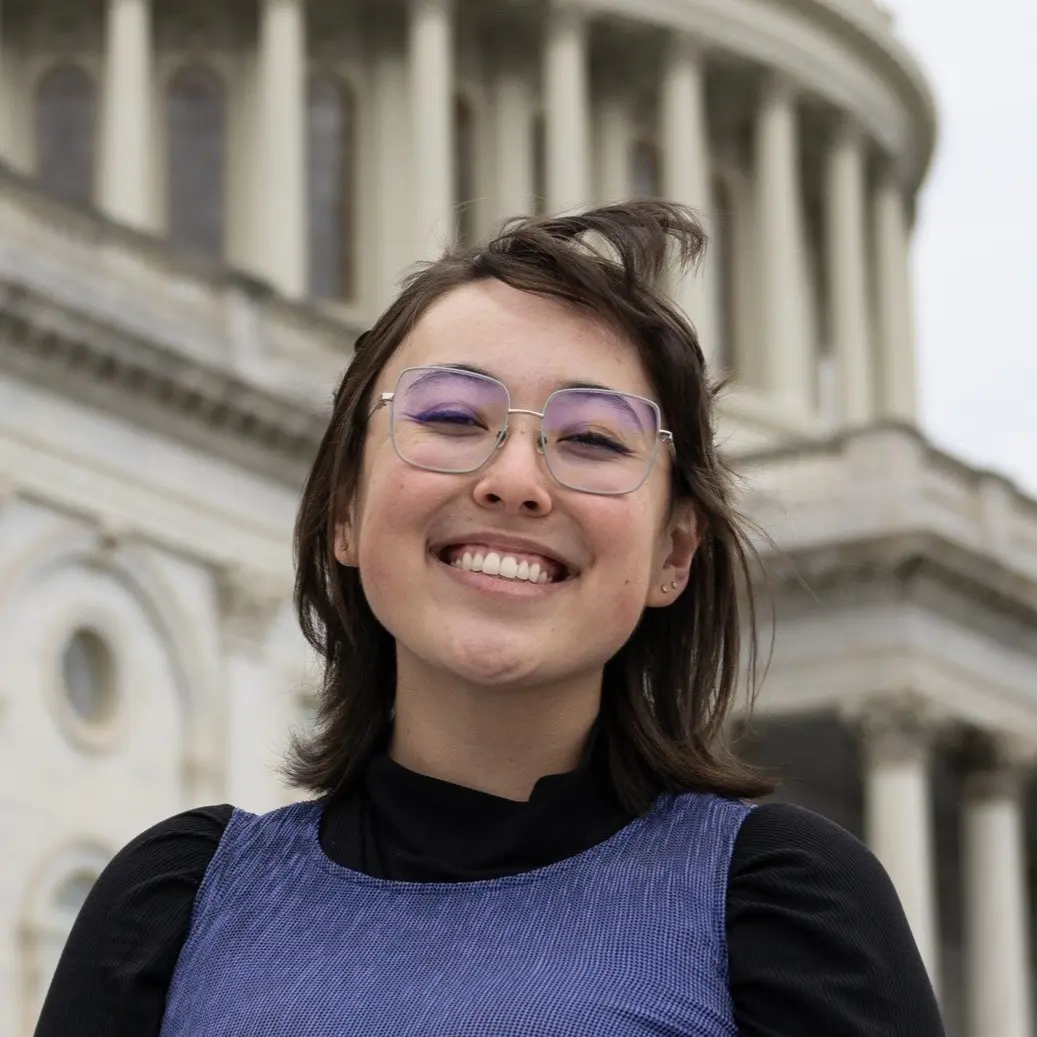
Three big issues have dominated the American LGBTQ movement for some time: marriage equality, the military and hate-crime legislation. Within these areas, the fight for equality has been promising. The Supreme Court ruled in favor of marriage equality, public outcry to Trump’s trans military ban was strong, and nearly 75 percent of LGBTQ people live in states that have hate-crime legislation covering sexual orientation and gender identity. While we have witnessed immense progress in these areas, there is still a long way to go. But as we push forward, it is imperative that we also continue to speak out on other social justice issues — issues that deeply affect many in our community.
When Trump made the heartless decision to end the Deferred Action for Childhood Arrivals (DACA) program this past September, Victory Institute President & CEO Aisha C. Moodie-Mills noted Trump was “risking the lives of 800,000 young people, including more than 75,000 LGBTQ people who deserve to live and work free of fear.”
Many still struggle to see immigration as an LGBTQ issue. But when tens of thousands of undocumented people are LGBTQ identified, it is undoubtedly our issue. The same can be said on the issue of police brutality. According to the National Transgender Discrimination Survey, one-fifth of respondents who have interacted with the police reported harassment. Unsurprisingly, the rates were substantially higher for transgender and gender non-conforming people of color. Furthermore, 6 percent reported physical assault and 2 percent reported sexual assault by police officers because they were transgender or gender non-conforming. Police brutality is a reality for many in our community.
The LGBTQ community is intersectional in ways many communities are not, resulting in almost all issues of social justice being LGBTQ issues as well. That is why Victory Institute works to build a diverse pipeline of LGBTQ leaders who can represent the breadth of our community, and speak to issues that affect our lives. While the LGBTQ community generally continues to face severe underrepresentation in government, LGBTQ women, people of color and trans people are even less represented. Increasing our representation is essential for ensuring the full experience of our community is heard in the halls of power.


